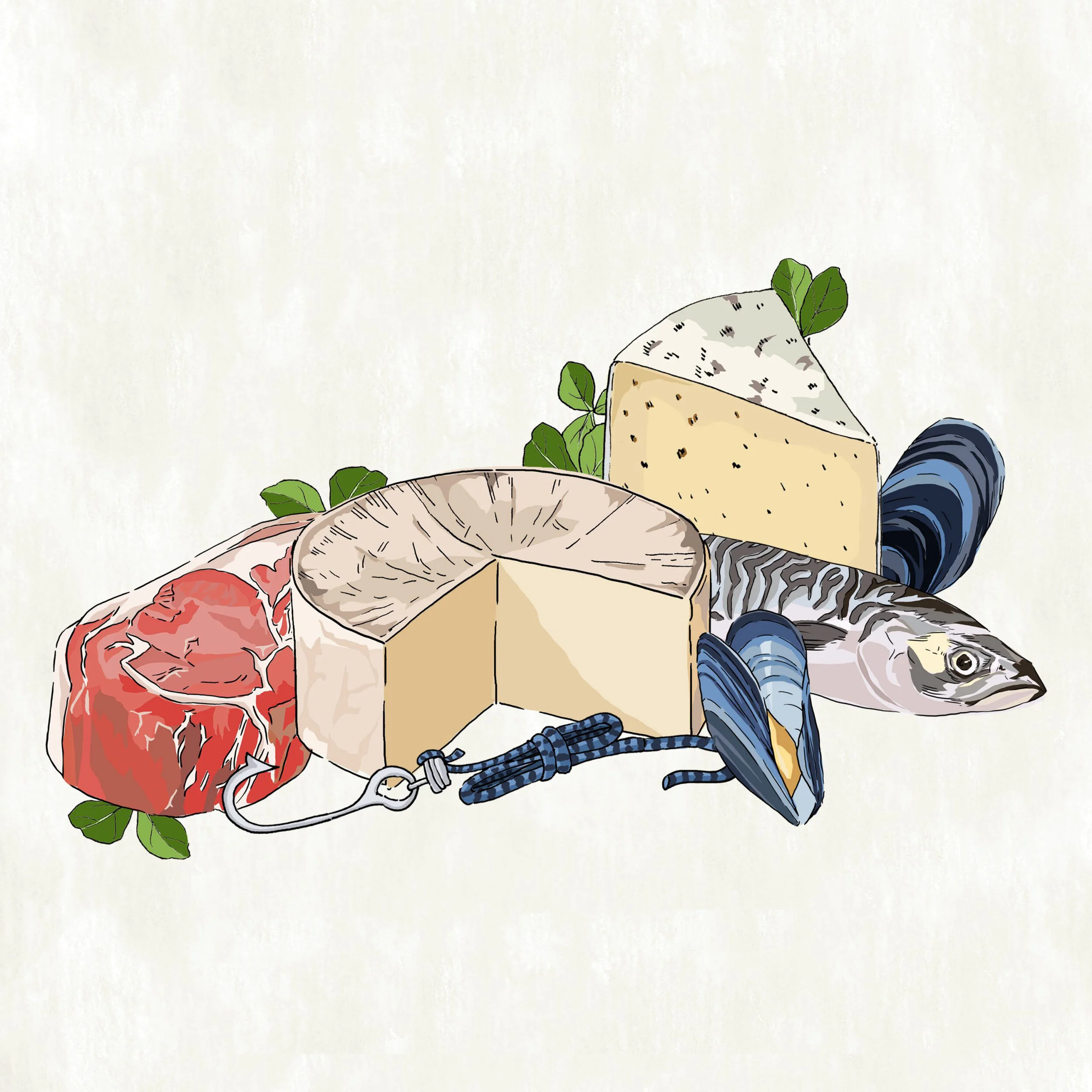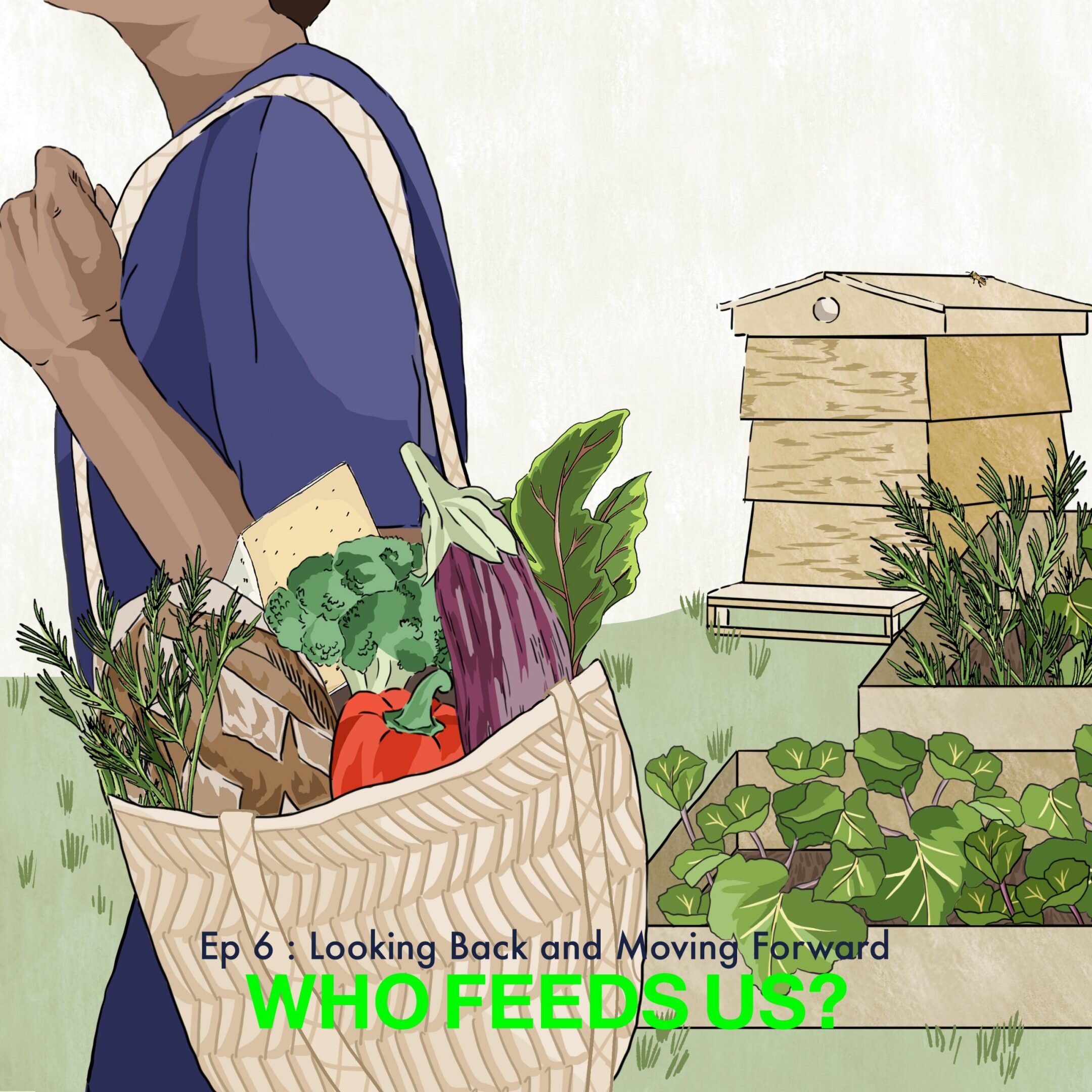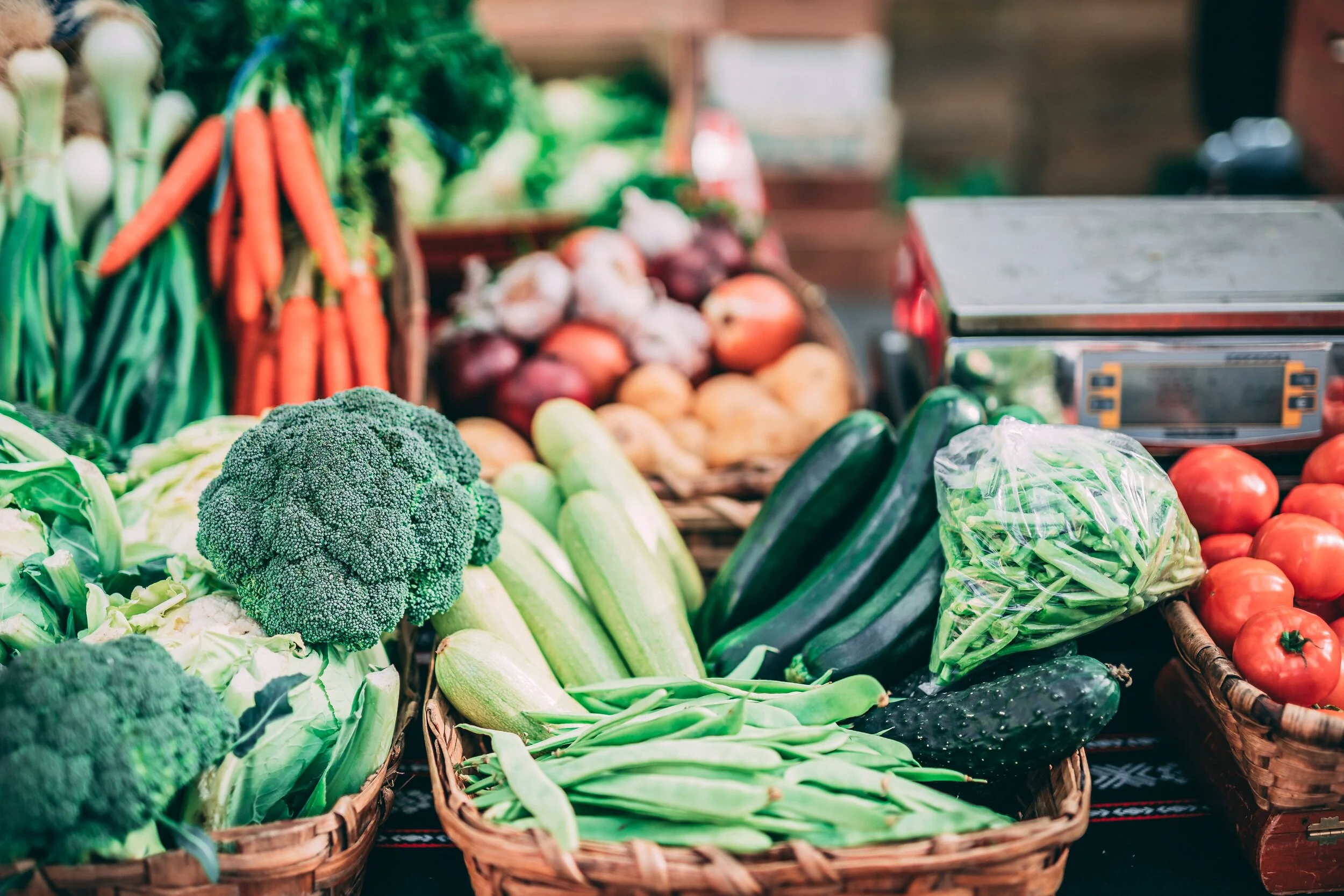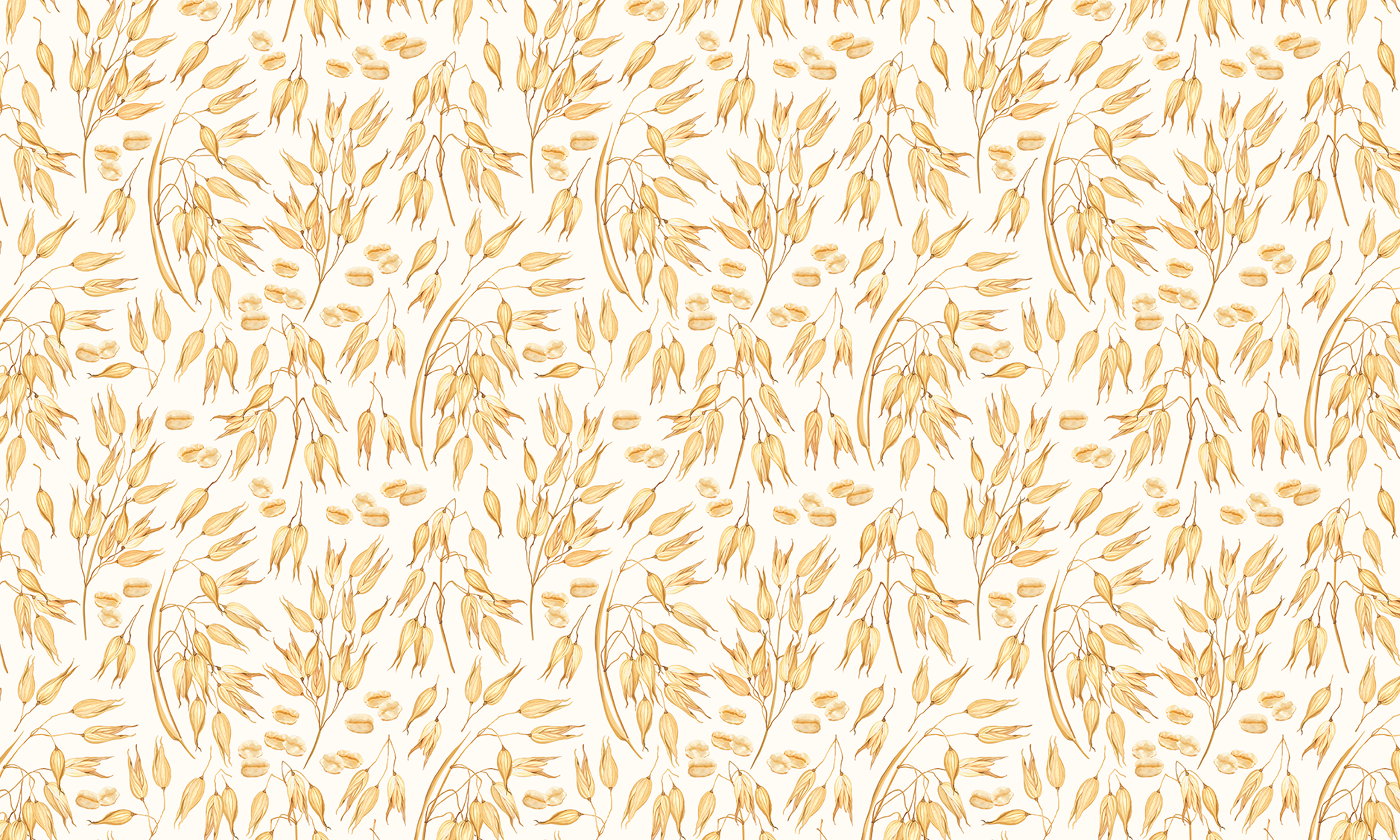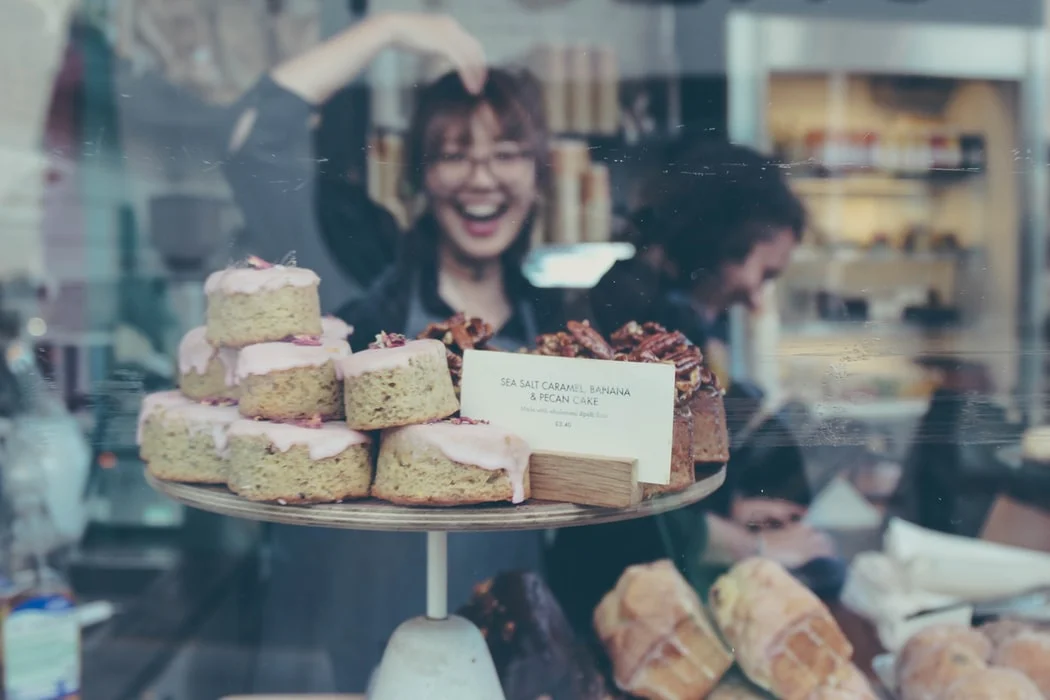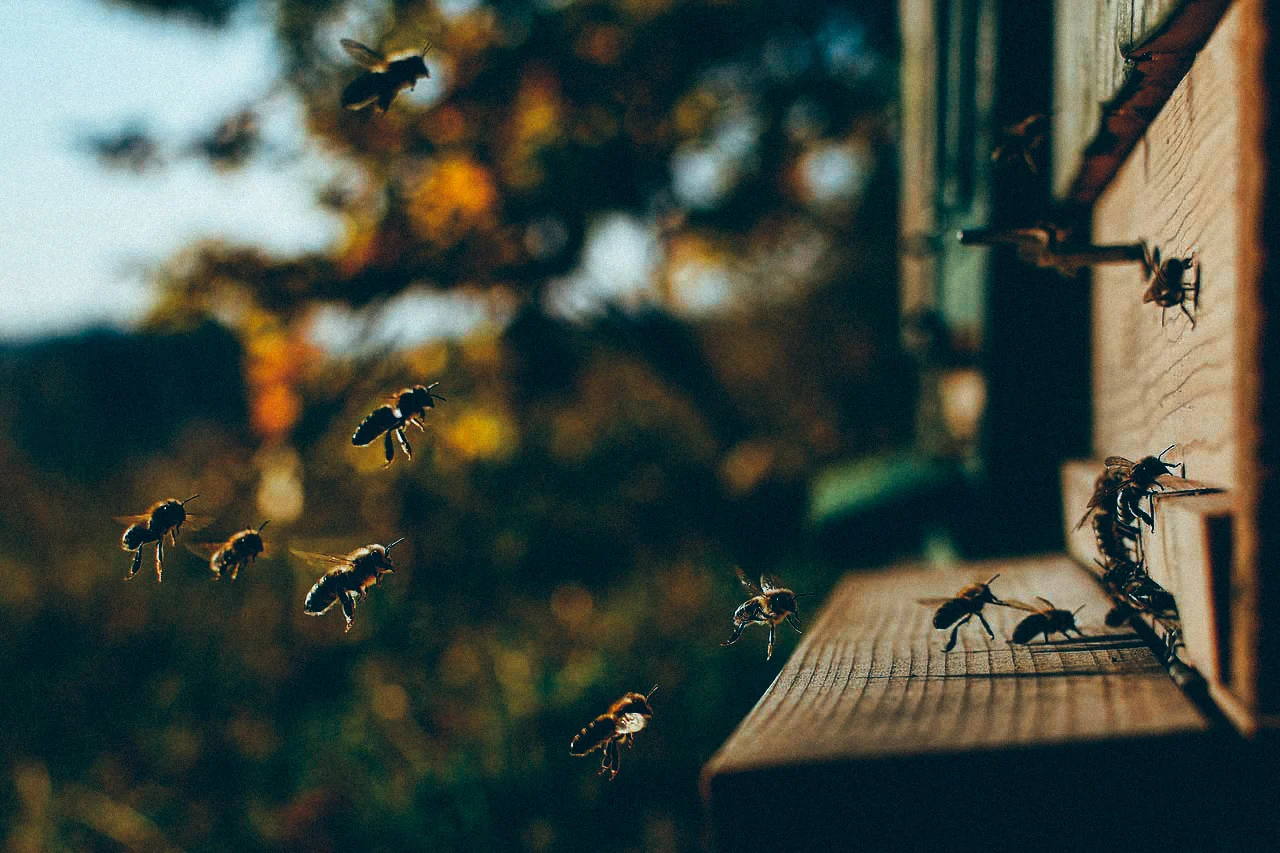This Spring, Farming The Future launched a Coronavirus emergency response fund: a collaboration between The A Team Foundation, the Roddick Foundation, Thirty Percy and the Samworth Foundation, offering financial support for initiatives that rose to meet the immediate crisis whilst building longer-term resilience. One of the those to receive funding was the award-winning podcast, Farmerama, for a new series called ‘Who Feeds Us?’ A collection of stories about some of the people who produce our food, the 6-part series explores what it takes to feed and nourish communities in the time of a pandemic. The experiences of growers, suppliers, academics, activists, authors and chefs, offers insight into how food that is nourishing for people and the planet might be made accessible to all. The podcast is produced by Jo Barratt, Abby Rose, and Katie Revell, with a team of 23 people, brought together by advisor Dee Woods. Illustrations by Hannah Grace
Who feeds us? Episode #1: The Hungry Gap
Whilst the UK went into lockdown this March, supermarket shelves stood empty and many people began to question how we might feed ourselves. The idea of localised food systems went from being a distant dream to a substantial means of sustenance for many people across the country. So, who and what made up those localised food systems? Where did this sudden burst of community provision come from?
Episode #1 covers many corners of the food system, from those supplying high-end restaurants to those on the frontline of emergency food responses. Talking about how their relationships within the industry and community helped them to face new and existing challenges, we hear from farmer, Jane Scotter and chef, Skye Gyngell; from Angus Buchanan-Smith in Scotland, who grew his farm-to-table restaurant into a CSA scheme and education project; from two London beekeepers, Salma and Khalil Attan, who divulge some of the benefits of lockdown for bees; and from Ursula Myrie, founder of Sheffield community food project - the Food Pharmacy.
Who Feeds Us? #2: Land, Animal, Journey
Episode #2 asks how the pandemic has changed the people who care for the animals that feed us, exploring how it has impacted their relationships with work and their communities. How have the perspectives of those producing fish, cheese and meat in the UK been affected by their experiences of the pandemic, and how are they adapting to life in lockdown?
First crossing the Irish Sea to Ballylisk in County Armagh, Northern Ireland, we meet Dean Wright, a dairy farmer and cheese-maker who began to deliver milk and other artisan products to his local community at the onset of lockdown. Heading to Wales, we hear from Muhsen Hassanin, a smallholder and halal slaughter-man who provides regeneratively farmed meat to Muslims across the UK. And lastly, we meet John Martin Tulloch, a fishmonger in the Shetland Isles who lost his international market, but fortunately found a new customer base much closer to home.
Who Feeds Us? #3: Growing Our Own
As supermarkets struggled to restock fruit and veg, the idea of ‘growing your own’ took on new significance. To grow your own food, the first thing you need are seeds. For centuries farmers saved their seeds, which adapted to their environments and created local varieties. With the development of commercial seeds that can’t be harvested or re-sown, crops grew less resilient and sustainable. Now, by preserving open-pollinated seeds, communities around the world are helping to ensure their own food security in the face of a climate crisis as well as the current pandemic.
Episode #3 begins in the Midlands, where we hear from Astrid Guillabeau, a Birmingham-based mother who began asking how we can grow our own food in cities. Then it’s over to Walsall-based landworker and founder of No Diggity Gardens, Neville Portas, on the importance of self-sufficiency for his community. In London we hear from Dee Woods, activist and co-founder of Granville Community Kitchen, about the importance of human connection and empowerment through growing food. And lastly, we meet Helene Schulze, a passionate seed saver who tells us why seed sovereignty is vital for a resilient food future.
Who Feeds Us? #4: Whole Meal
When flour became scarce, many who mightn’t usually seek out a local bakery, let alone a local mill, started to do just that. In episode #4 we find out how this sudden upsurge in demand presented a huge challenge for bakers and millers – a challenge met with enthusiasm and ingenuity. Investigating connections between bread, mills, the farms that grow the grain, and the soil in which its grown, learn about the system behind most of the bread eaten in the UK, and the localised, smaller-scale alternatives, which found it could sustain itself during the pandemic.
Hear from Abigail Holsborough, the head miller at Brixton Windmill in South London and at the core of its local community as flour ran low. Meet Rosy Benson, who founded Bristol bakery, Bread and Roses, to provide nourishing loaves to those who needed them most. Then head to a small village in the Highlands of Scotland to hear from Rosie Gray, who set up her bakery, Reviving Foods, in a converted horse-box.
Who Feeds Us? #5: Cultivating Abundance
Episode #5 is set in the West Midlands, where it examines how the pandemic has highlighted connections between food, health, community and identity. Learning about the resources and needs of individuals and communities at this time, particularly those of African descent, we ask how access to land and growing space can feed us in different ways, through experiences of abundance and the ability to share in it.
We hear from Lynda Macfarlane, the founder of Vegan Vybes, a community group in Birmingham championing cruelty-free, creative ways of living and communicating. Farmerama collaborator and co-founder of Kiondo, Andre Reid, shares his story of setting up a WhatsApp group for his community to grow food and become more resilient. And academic, Dr Lisa Palmer, talks about her ‘Digging Around’ project, which researched the long history of African and Caribbean communities in Britain growing food and maintaining connections to their heritage through allotment gardening.
Who Feeds Us? #6: Looking Back and Moving Forward
The final instalment of the series revisits the people introduced in previous episodes, and unravels the common threads that bind these seemingly disparate voices together, such as reverence, gratitude, sovereignty, dignity and abundance. We hear more about they’ve learnt so far this year and their visions for resilient, localised food economies growing into the future.
Food is clearly not just a question of calories; food is nourishment for the body and soul. Food is about community, culture and our relationship with each other and with the Earth. We are all part of the food system.
The journey towards a truly resilient, humane and nourishing food system is complicated and will most likely be a bumpy one. The series closes with an invitation to embrace that complexity, to dive in, to seek out and connect with those who feed us, because food doesn’t come from shelves, food comes from the soil, the sea, and the hands of people. This is who feeds us.

